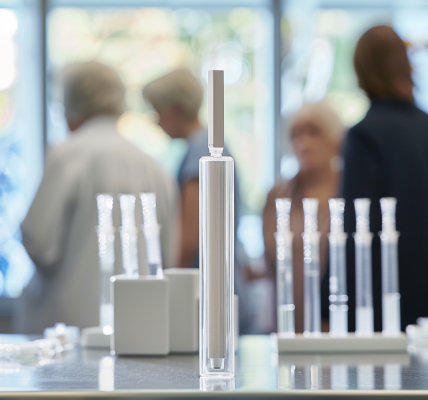Good quality sleep is essential to boost brain performance, mood, and overall health. It is recommended to get seven to eight hours of sleep per night. Sleep deprivation is associated with an increased risk of stroke. Prioritizing sleep can help reduce the risk.
The incidence of stroke is rising even among the younger population, especially among those under 45. Unhealthy lifestyle habits such as sleep deprivation, heavy alcohol consumption and smoking, excessive stress and sedentary lifestyle (less physical activities) are putting them at the risk of stroke. Other risk factors include diabetes, high blood pressure and high cholesterol, genetics and family history of stroke.
High blood pressure is also associated with other risk factors for ischemic stroke, such as atherosclerosis. People with diabetes are about two times more prone to have a stroke as high sugar levels can damage blood vessels in different parts of the body, including the brain, causing a stroke.
Brain stroke is the second major cause of mortality and the leading cause of long-term disability across the globe. Most of the young adults come with ischemic strokes caused by artery-blocking blood clots that can travel to the brain. Hemorrhagic strokes occur when a blood vessel in or near the brain ruptures. Sometimes strokes in young people can occur due to a tear in the neck blood vessels, a result of trauma, even minor trauma.
According to Dr. Tarun Sharma, Director-Brain & Spine Surgery, Marengo Asia Hospitals, Faridabad, “Symptoms of Stroke manifest as sudden numbness or weakness in the face, arm, or leg, especially on one side of the body, sudden confusion, trouble speaking, difficulty understanding speech, trouble seeing in one or both eyes or double vision, trouble walking, dizziness, sudden severe headache, and loss of balance, or lack of coordination. During the event of stroke, every minute counts and immediate medical attention is crucial.”





